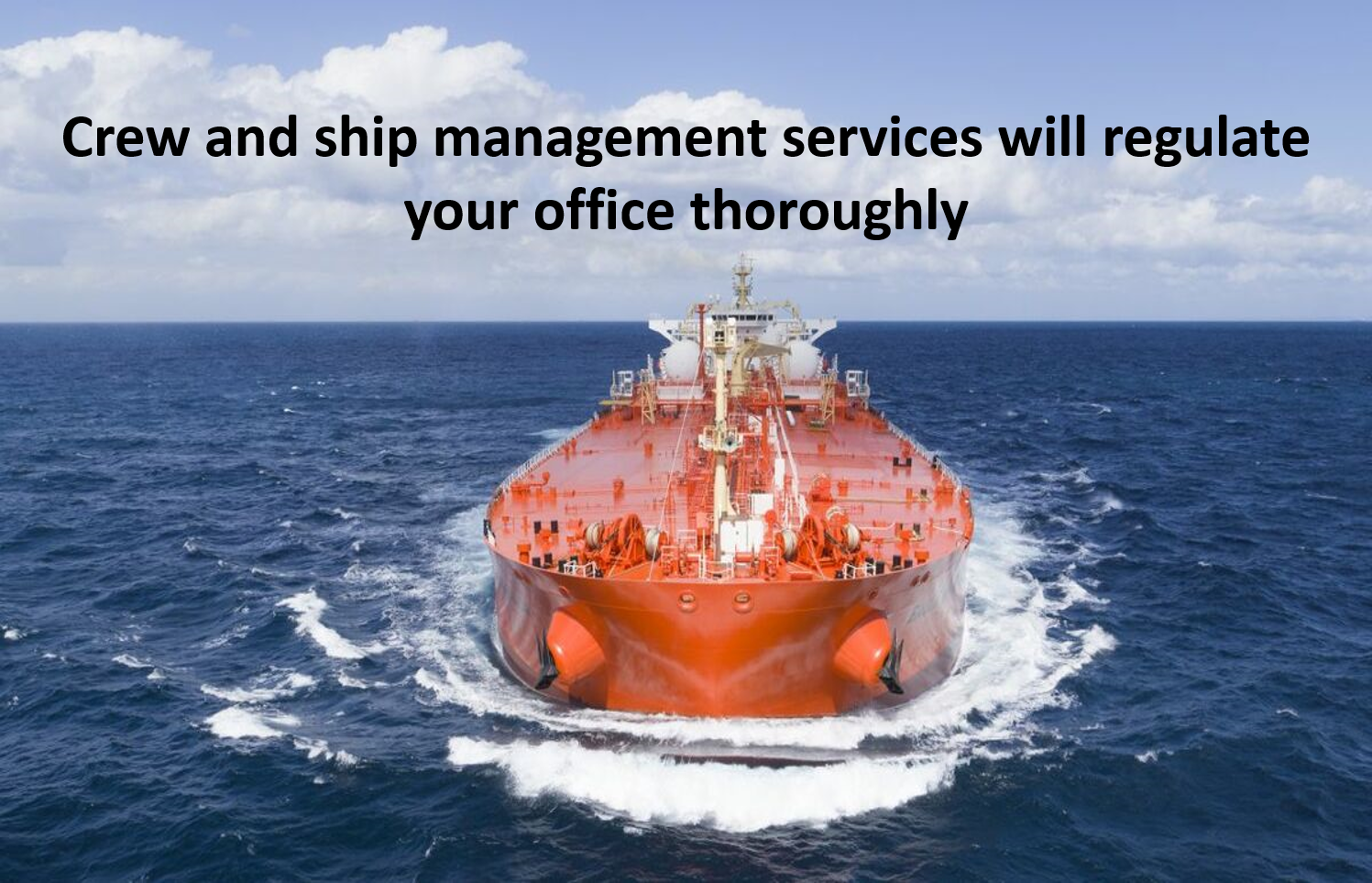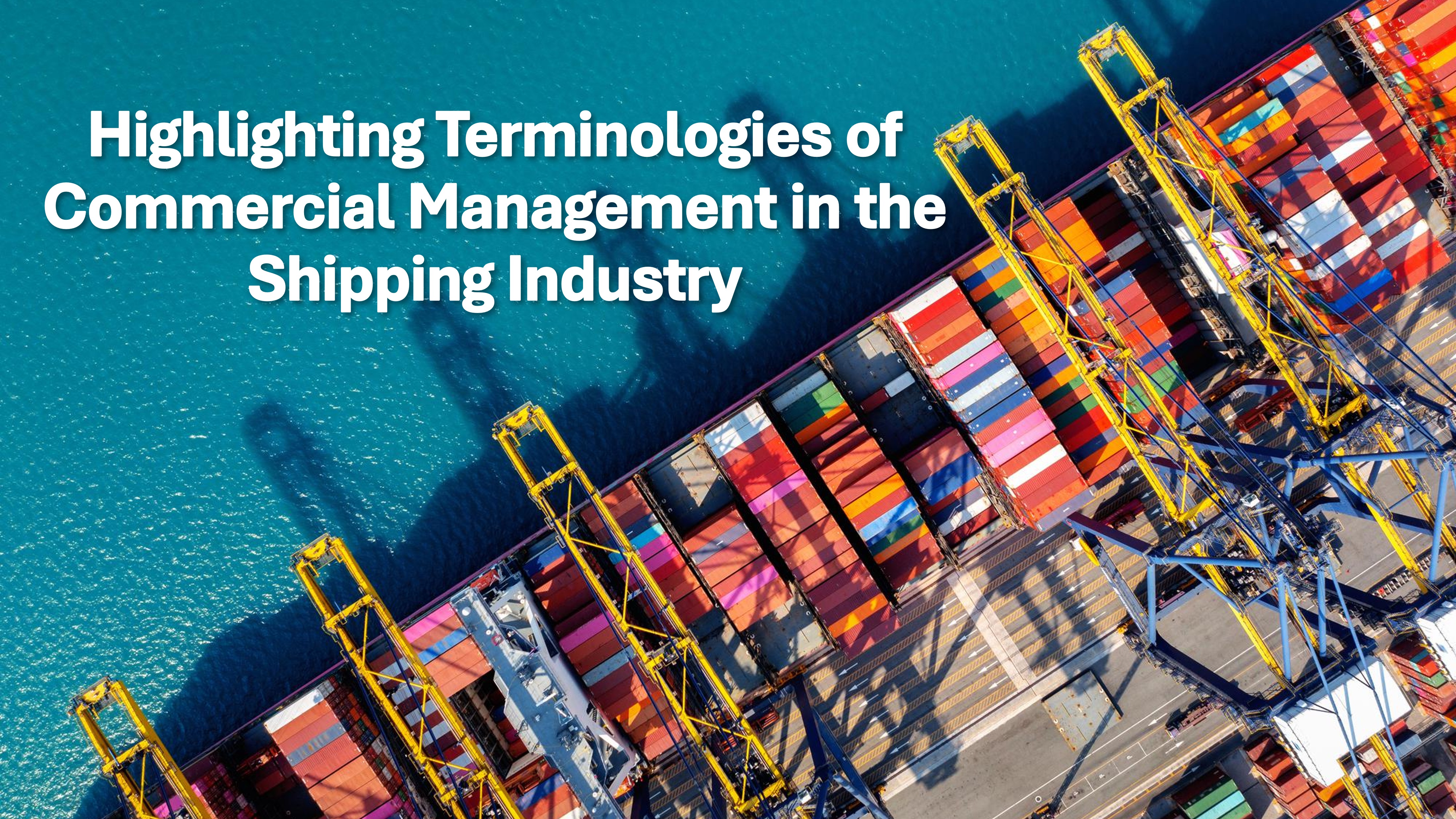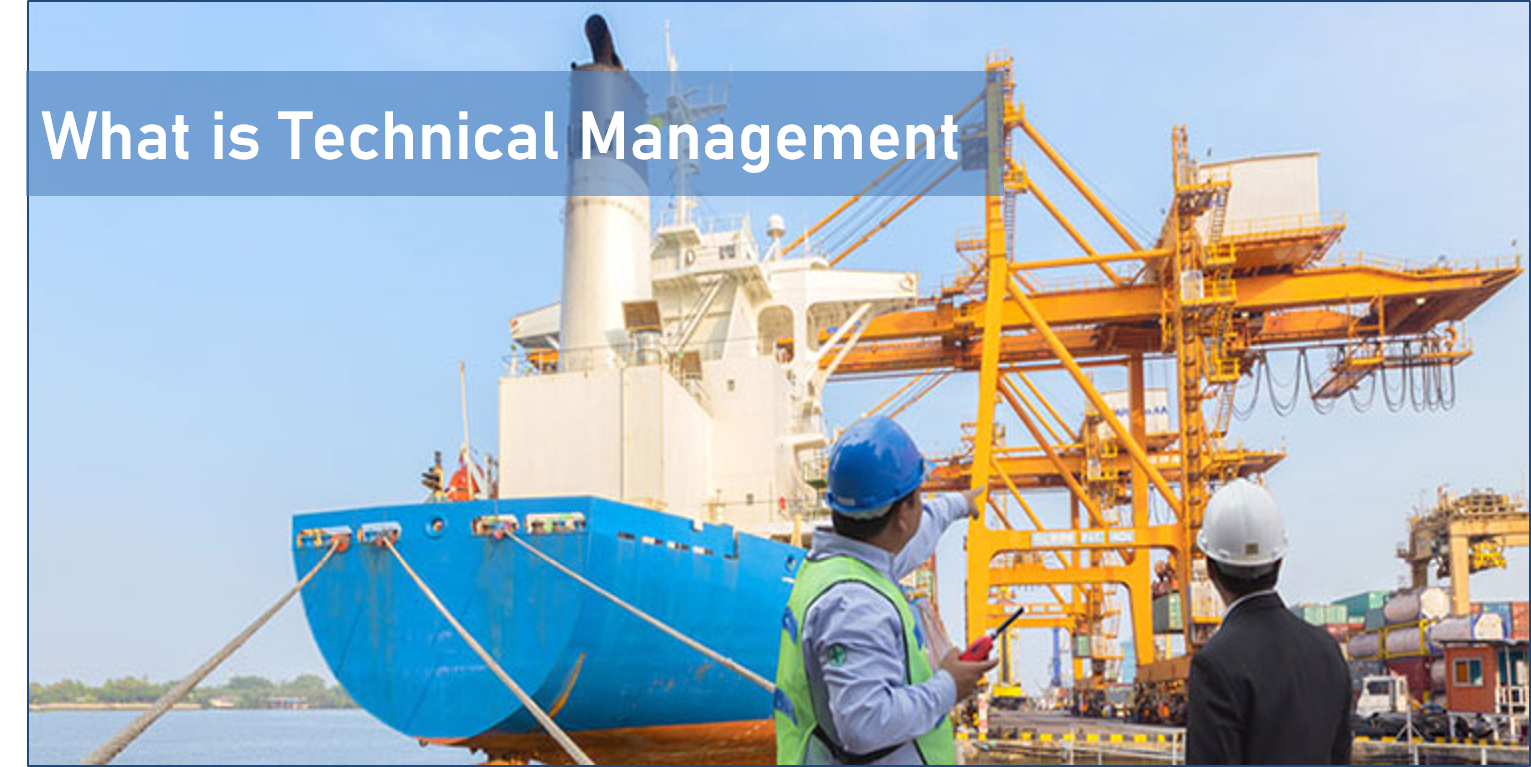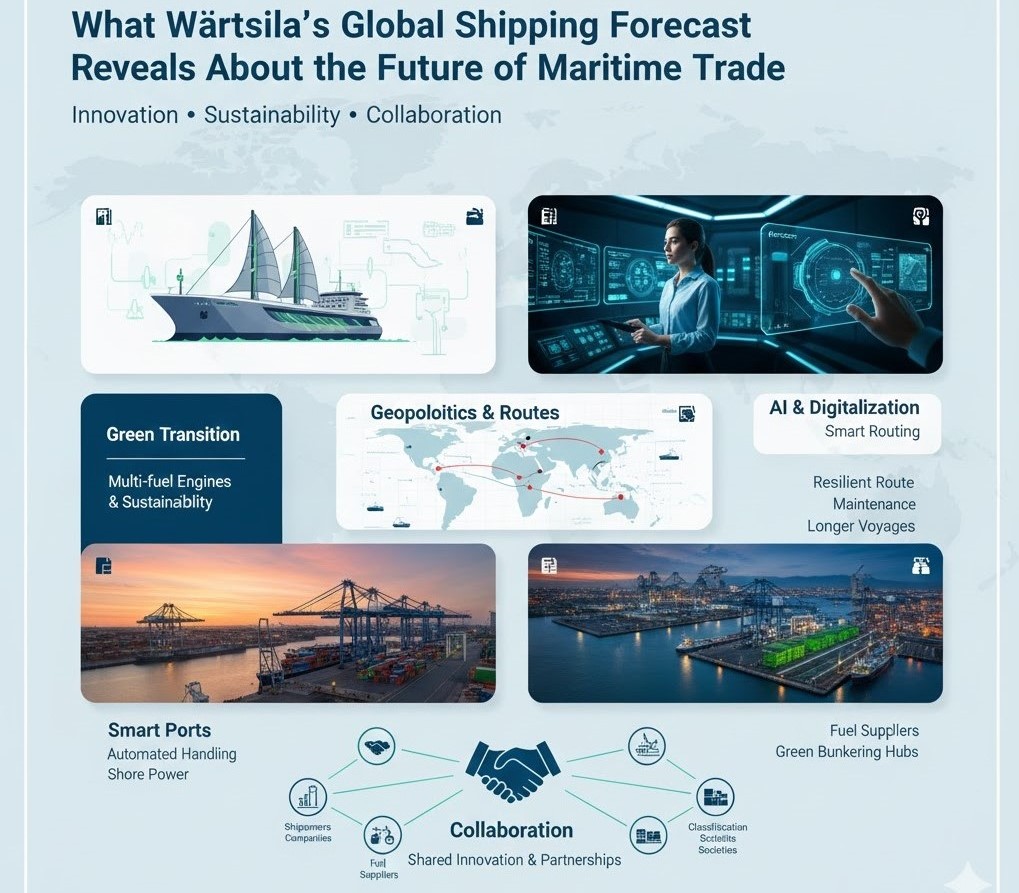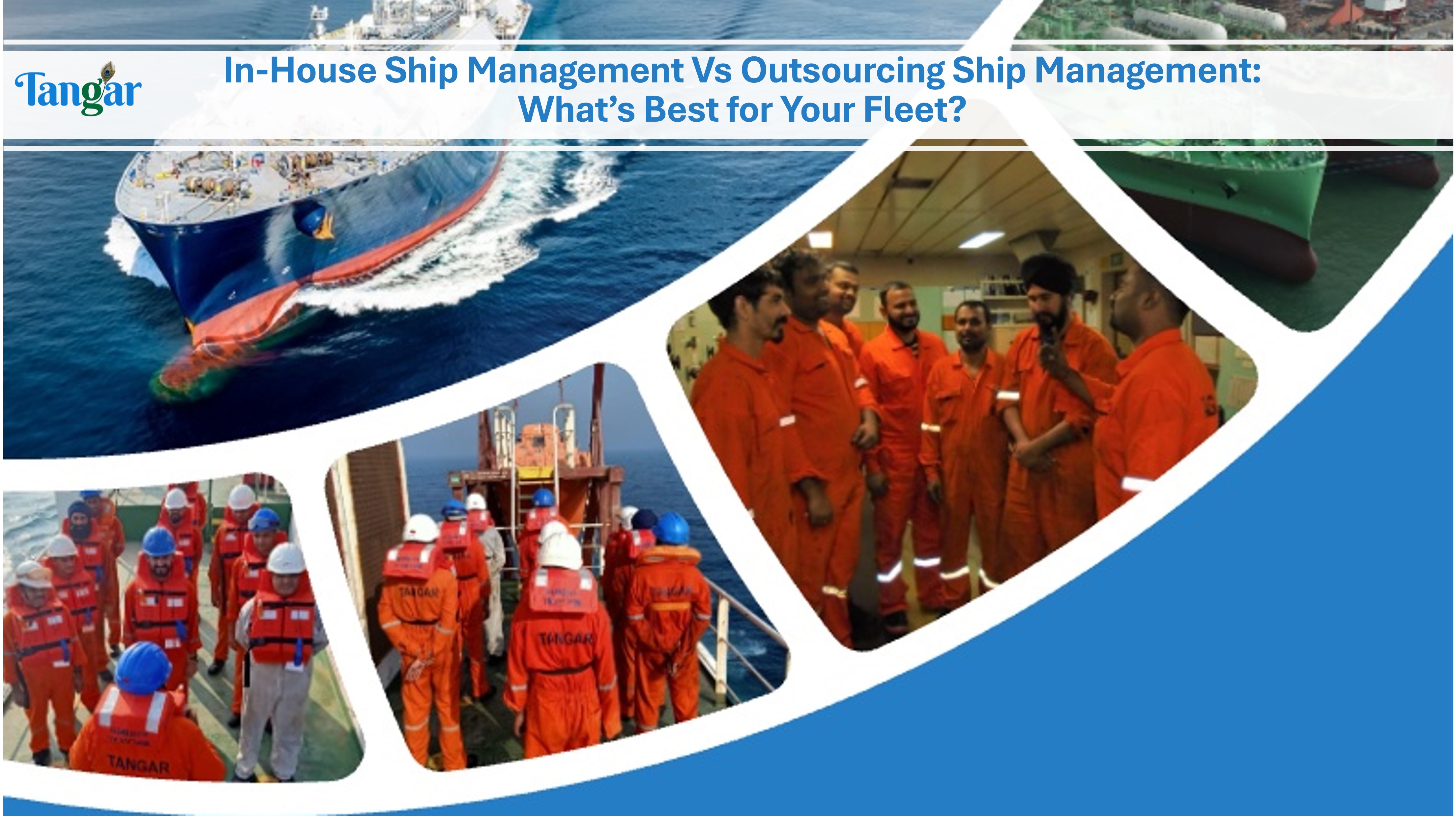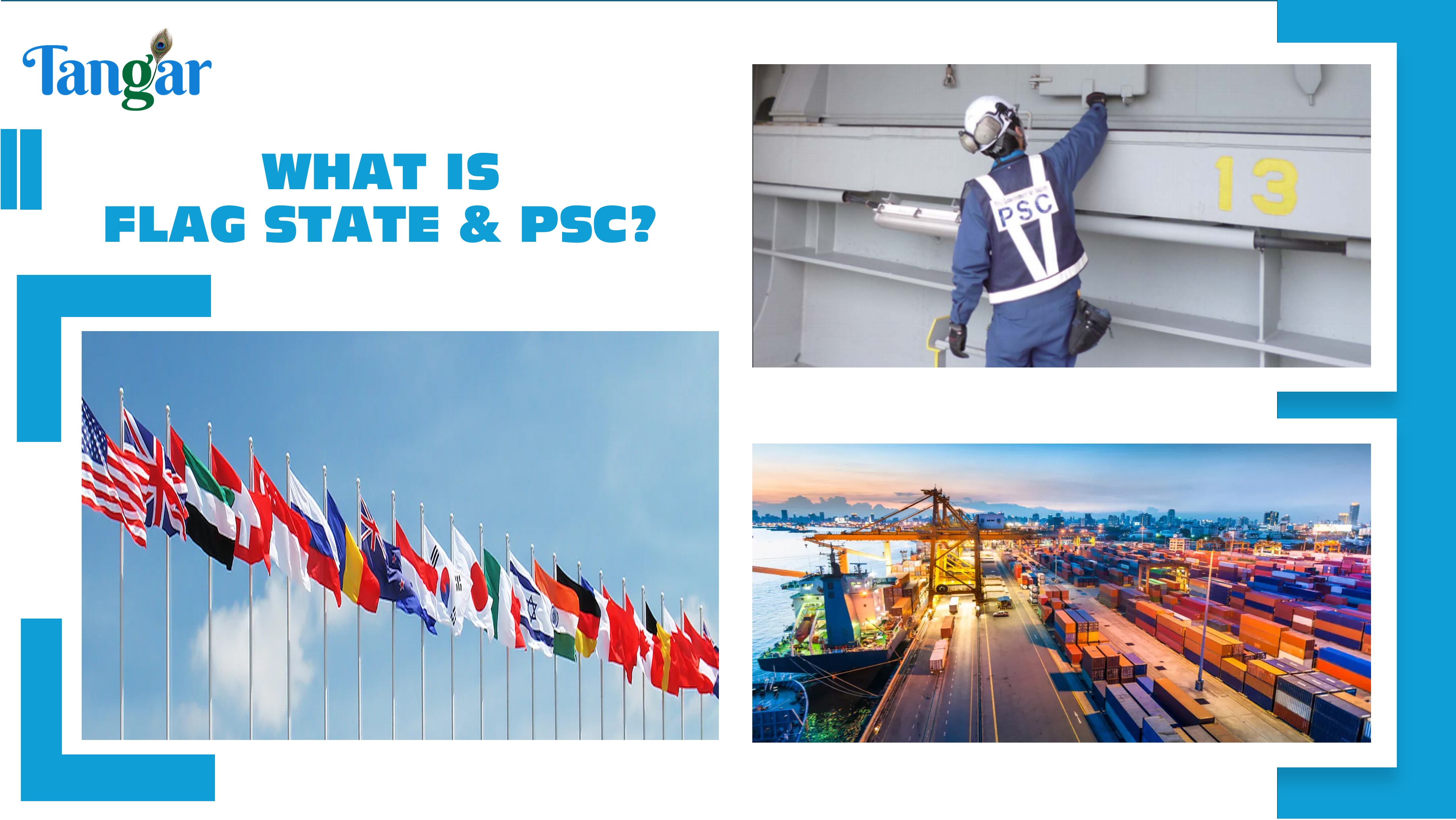
How Ship Owners & Managers Can Sustain IACS Compliance?
In today’s ever-evolving maritime landscape, maintaining compliance with the International Association of Classification Societies (IACS) is not just a regulatory obligation—it’s a commitment to safety, quality, and operational excellence. This blog explores how managers can effectively sustain IACS compliance by building a robust Quality Management System (QMS), embracing continuous improvement, and cultivating a strong culture of integrity and safety. Through adherence to the IACS Quality System Certification Scheme (QSCS) and proactive risk management, organizations can confidently navigate challenges, close compliance gaps, and set new standards in maritime performance. Strengthening IACS Compliance: A Practical Roadmap for Maritime Managers
In today’s dynamic maritime environment, maintaining compliance with the International Association of Classification Societies (IACS) standards is not just about fulfilling regulatory requirements—it's about enhancing safety, operational excellence, and global trust. At the heart of this is a strong, evolving Quality Management System (QMS) and a proactive organizational culture.
1. Implementing and Sustaining a Robust QMS
To meet IACS Quality System Certification Scheme (QSCS) standards, organizations must implement a QMS that is both certifiable and practical.
- Compliance with QSCS & ISO 9001: The QMS must meet the rigorous requirements of both ISO 9001 and QSCS. Annual audits by Accredited Certification Bodies (ACBs) validate adherence, ensuring consistent delivery of services.
- Continuous Improvement: The QMS should not remain static. It must be regularly reviewed, improved, and adapted to reflect industry best practices, audit findings, and operational insights.
- Documentation That Drives Action: Beyond compliance, documentation should empower decision-making, guide teams, and support traceability.
2. Fostering a Culture of Safety, Integrity & Accountability
A successful compliance strategy is driven by people and values, not just systems.
- Leadership Commitment: Management must visibly support safety, quality, and ethical conduct. This includes resource allocation, leading by example, and reinforcing a culture of compliance.
- Competency and Training: Personnel involved in IACS-related activities must be skilled, certified, and continually trained to stay ahead of regulatory changes and technical requirements.
- Ethical Governance: Upholding values like impartiality, fairness, and transparency is critical for long-term credibility and operational integrity.
3. Proactive Risk and Cybersecurity Management
With increasing digitization in maritime operations, managing risk—especially cyber threats—has become non-negotiable.
- Risk Identification and Assessment: Continuously identify and evaluate risks that could disrupt compliance, from technical failures to cybersecurity vulnerabilities.
- Mitigation and Control: Put strong safeguards in place, including cybersecurity protocols for shipboard systems and shore-based operations.
- Real-time Awareness: Stay aligned with the latest IACS publications, industry bulletins, and global regulatory updates.
4. Actionable Strategies for Maritime Managers:
To ensure long-term success and readiness, managers should focus on:
- Regular Procedure Reviews: Keep manuals, SOPs, and control procedures aligned with IACS and industry updates.
- Internal Audits: Conduct periodic audits to monitor performance and uncover improvement areas.
- Communication & Feedback Loops: Encourage team members to raise concerns, suggest improvements, and share lessons learned.
- Skill Development: Offer tailored training programs to upgrade technical and compliance knowledge across departments.
- Digital Integration: Use software tools to track compliance, manage documentation, and automate risk alerts.
- Industry Engagement: Attend conferences, join forums, and build networks to gain insights and benchmark performance.
Final Thought
Implementing IACS standards is not a one-time exercise—it’s an ongoing journey of system enhancement, risk vigilance, and ethical leadership. Maritime managers play a pivotal role in shaping this journey by embedding quality, safety, and innovation into the very DNA of their operations.
With a well-executed strategy, organizations not only ensure compliance but also enhance their reputation, efficiency, and resilience in a highly competitive global maritime landscape.
